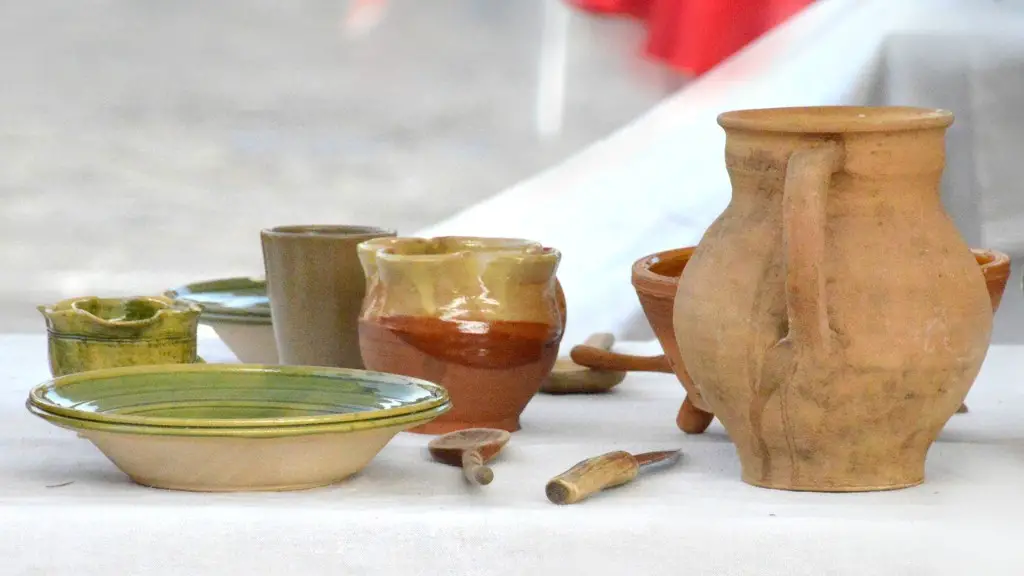Types of Poison
Poison was a tool used by the Ancient Romans in many ways and for various purposes, there is evidence of poison being used successfully in warfare, to poison wells and food and to even rid the empire of political rivals and enemies. Poison was often used to induce a slow and torturous death and was an effective means of settlement in Ancient Rome.
The Romans had access to a range of different compounds, agents and plants which were poisonous and could be used to great effect in everyday life. Some of these compounds and agents were quite advanced and scientific for their time, while their knowledge of plants and their potential effects was rather advanced too. Here are some of the most commonly used poisons in Ancient Rome:
Lead
Lead has been known to be toxic for a very long time and was used by the Romans in many ways. Lead was commonly used in war, and was also used by Roman doctors for medicinal purposes. Lead was also used in sauces and pastries in an attempt to poison political rivals, and it could even be used to fish and game.
Hemlock
Hemlock has been used for thousands of years and was commonly used by the Romans as a form of execution. Hemlock is a plant which contains a powerful poison in it’s leaves and root and is deadly if ingested. Hemlock is also known to cause paralysis if touched, so it was also used to poison food and drinks as a form of silent murder.
Arsenic
Arsenic is a highly toxic element which was known to the ancient Romans and used extensively. Arsenic was commonly used in war to poison enemy food and water and was also used to kill political rivals or anyone else which posed a threat. Arsenic is an effective form of poisoning as it can often lead to death without any external signs.
Viper Venom
Viper venom was widely known to the Romans and was used in a variety of different ways. Viper venom was used as an arrow tip and bullet in warfare, it was also used to a lesser extent in medicine. Viper venom was also used to murder rivals, as it could be used to poison food and drinks.
Mushrooms
Mushrooms are often associated with poisoning, and there are a few particularly poisonous types of mushrooms which were known to the Romans and used to great effect. Some of these mushrooms produce toxins which can be fatal if ingested and were often used to silence political rivals, as the toxin doesn’t always show immediately in the victim and can stay hidden for years.
Datura
Datura is a plant which is highly poisonous and was widely used in Ancient Rome. It is known to contain toxins which can cause hallucinations, muscle weakness and can even lead to death. It was commonly used in assassinations as the toxins often take days to take effect and death can often be blamed on something else such as natural causes or an illness.
Effects of Poison
The effects of poison in Ancient Rome could be far reaching; it could be used to successfully eliminate political rivals, enemies and anyone else who posed a threat to the Roman Empire. It was also used for more mundane tasks such as fishing and hunting and was used in the medical practise.
Poison and Politics
Poison was widely used in politics in Ancient Rome, it was a powerful tool used to get rid of political rivals. Poison was often used to cause a slow and torturous death, and it was also used to murder rivals without any external signs. It is suspected that many high ranking political figures were poisoned by rivals over the years, and that this was a rather common practice.
Poison in Medicine
Poison was also used in medical practices in Ancient Rome, with physicians believing that certain types of poison could help with illnesses. Lead and arsenic were commonly used in medical treatments, however this was often more a matter of guesswork than actual scientific evidence.
Consequences of Poison Use
The use of poison in Ancient Rome could have serious consequences for those who were caught, sometimes even execution. Those who were caught poisoning wells, food or drinks could often pay heavy fines or imprisonment. However, those who were charged with political poisoning were often executed in a public spectacle as a warning to others.



